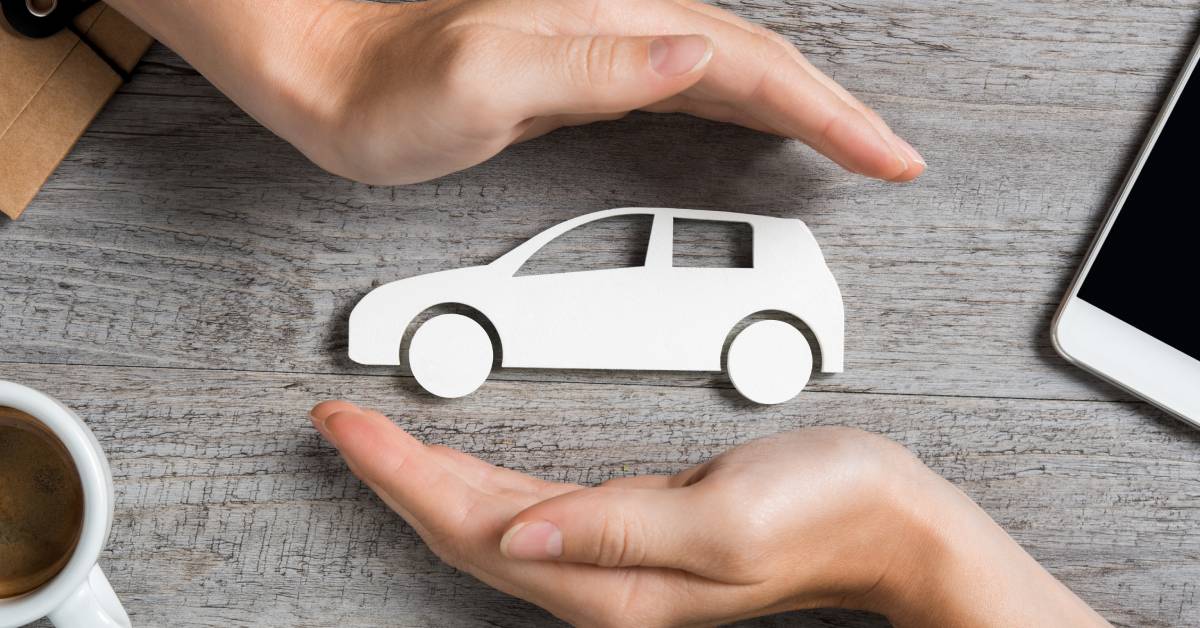Is Getting Nonowner’s Car Insurance Worth It?

You don’t own a car, but you drive occasionally. Maybe you borrow a friend’s vehicle, or you’re working to reinstate your license. Considering your scenario, is getting nonowner’s car insurance worth it?
Unlike standard auto insurance, nonowner’s coverage is designed for drivers who don’t own a vehicle but still need liability protection. It’s often required after a license suspension when an SR-22 filing is needed or simply to stay covered when driving a borrowed vehicle. Whether this insurance makes sense for you depends on your driving habits, legal requirements, and how often you get behind the wheel. Let’s break it down.
What Is Nonowner Car Insurance?
Nonowner car insurance is liability coverage for drivers who don’t own vehicles but still drive occasionally. This policy provides financial protection when you cause accidents while driving a vehicle that doesn’t belong to you. The coverage follows you as the driver rather than protecting a specific vehicle.
The primary purpose of this insurance is to meet state-mandated minimum insurance requirements when you don’t own a vehicle. Most states require drivers to carry liability insurance, regardless of vehicle ownership status. Nonowner policies fill this gap by providing the legally required coverage without the need to insure a specific vehicle.
Coverage Components
Nonowner policies typically include bodily injury liability and property damage liability coverage. Bodily injury liability pays for medical expenses, lost wages, and pain and suffering when you injure others in an accident. Property damage liability covers repair or replacement costs for other people’s property, including their vehicles, that you damage in an accident.
Many policies also offer optional coverage enhancements. Medical payments coverage can pay for your medical expenses after an accident, regardless of fault. Uninsured and underinsured motorist protection provides coverage when the other driver lacks adequate insurance. These optional coverages vary by insurance company and state regulations.
What Nonowner Insurance Doesn’t Cover
Nonowner insurance doesn’t cover damage to the vehicle you’re driving. If you borrow your sister’s car and crash it into a tree, your nonowner policy won’t pay for her car’s repairs. You’ll need to rely on her comprehensive or collision coverage for vehicle damage.
This policy also excludes coverage for vehicles you regularly use or have regular access to. Insurance companies expect you to list regularly used vehicles on standard auto policies. Additionally, nonowner coverage typically doesn’t apply to rental cars, though some policies offer limited rental car coverage as an add-on option.
Who Should Consider Nonowner Insurance?
Drivers Who Don’t Own a Vehicle
Drivers who frequently borrow vehicles from friends or family members are the most obvious candidates for this type of insurance. If you regularly drive your roommate’s car to work or borrow vehicles for occasional trips, this coverage provides essential protection.
Those Who Need an SR-22
People required to file SR-22 certificates often need nonowner policies as well. Courts may require an SR-22 filing after DUI convictions, serious traffic violations, or driving without insurance. The SR-22 demonstrates ongoing insurance coverage to state authorities. Since you can’t file an SR-22 without an active insurance policy, nonowner coverage becomes necessary when you don’t own a vehicle.
Nonowner policies accommodate SR-22 requirements effectively. Your insurance company files the SR-22 certificate directly with your state’s motor vehicle department. This process complies with court orders while maintaining affordable coverage costs.
Insurance companies handle SR-22 filing as part of your policy service. They submit the required forms electronically to state authorities and notify you when filing is complete. If you cancel your policy or miss payments, the insurer must notify the state, which could result in license resuspension.
Rideshare and Gig Workers
While rideshare companies provide coverage during active rides, gaps exist when drivers use borrowed vehicles for personal use. Nonowner policies fill in these coverage gaps effectively, offering more extensive protection.
Maintaining Continuous Coverage
Drivers planning to purchase vehicles in the future should consider nonowner insurance to maintain continuous coverage. Insurance companies reward continuous coverage with lower rates. A gap in coverage, even without owning a car, can result in higher premiums when you eventually buy a vehicle.
Cost Analysis and Financial Benefits
Nonowner vehicle insurance typically costs less than standard auto insurance policies. Annual premiums generally range from $200 to $500, depending on your driving record, age, location, and coverage limits. Compare those prices to standard policies, which often cost $1,000 to $2,000 annually.
The lower cost reflects the reduced risk insurance companies assume with nonowner policies. Since the coverage only applies when you drive occasionally, insurers face less exposure than with daily drivers. Additionally, the absence of comprehensive and collision coverage reduces the policy’s overall cost.
Legal and Financial Protection
The legal benefits extend beyond meeting state requirements. If you cause a serious accident while driving without insurance, you could face personal liability for damages. Medical expenses from serious injuries can quickly reach six figures. Nonowner insurance protects your personal assets from these potential claims.
The policy also helps with license reinstatement processes. Many states require proof of insurance before reinstating suspended licenses. Nonowner coverage satisfies this requirement without forcing you to purchase a vehicle or maintain expensive standard auto insurance.
Do You Need Nonowner Insurance?
Determining whether nonowner insurance suits your situation requires an honest assessment of your driving habits and legal requirements. Ask yourself how frequently you drive vehicles you don’t own. Consider your financial situation and risk tolerance as well. The relatively low cost of nonowner insurance makes it affordable protection for most budgets.
Some alternatives exist, though they often provide less comprehensive protection. Temporary car insurance offers short-term coverage but becomes expensive for regular use. Relying solely on the car owner’s insurance creates risks since their coverage might not adequately protect you in all situations.
Going without insurance is illegal in most states and exposes you to major financial and legal risks. The potential consequences far outweigh the savings from avoiding insurance premiums.
Getting Nonowner Coverage
Obtaining nonowner insurance is a straightforward process. Gather the required information, including your driving record, license information, and details about required SR-22 filings. Contact insurance companies that offer nonowner policies, as not all insurers provide this coverage type.
Compare quotes from multiple providers since rates and coverage options vary between companies. Some insurers specialize in high-risk drivers and SR-22 requirements, potentially offering better rates for drivers with violations on their records.
The Bottom Line on Coverage Value
Is getting nonowner’s car insurance worth it? For most drivers who occasionally operate vehicles they don’t own, the answer is yes. The combination of legal compliance, financial protection, and peace of mind justifies the relatively modest cost. This is especially true for drivers who need an SR-22 filing or want to maintain continuous insurance coverage.
The small annual investment protects you against potentially devastating financial consequences while keeping you legally compliant. Given the serious risks of driving without insurance and the affordable premiums for nonowner coverage, this insurance type is part of smart financial planning for drivers in specific situations.



Recent Comments